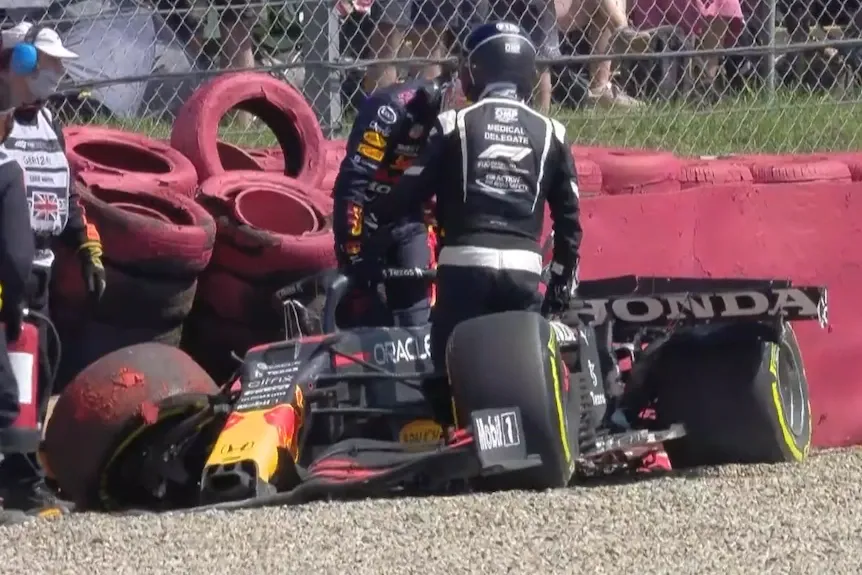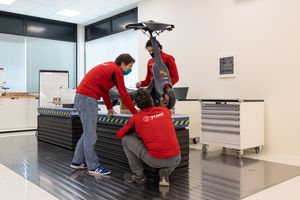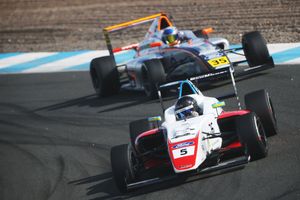The first corner of the Hungarian Grand Prix brought excitement and controversy two weeks ago, as Valtteri Bottas’ Mercedes wiped out both Red Bulls, but it's the exact sort of incident that could spell trouble for Formula 1’s cost cap.
With the sport’s battle for supremacy its tightest in three years, Bottas and World Champion Lewis Hamilton have both overstepped the mark in the last two races, running into rival Max Verstappen.
The incidents have proven costly for Verstappen, seeing him lose 41 points to Hamilton, but curiously, Red Bull boss Christian Horner has since focused on the crashes’ monetary cost.
After Verstappen and Hamilton’s clash at Silverstone, Horner claimed that the incident cost his team $1.8 million, and this would have “massive ramifications.”
In the past, Horner’s comments may have come across as odd, given that teams would just replace damaged parts, unless they were in financial trouble.
But given that teams are currently grappling with a $145 million spending limit, and the R&D of a new car for next year, the issue has now come to the fore.
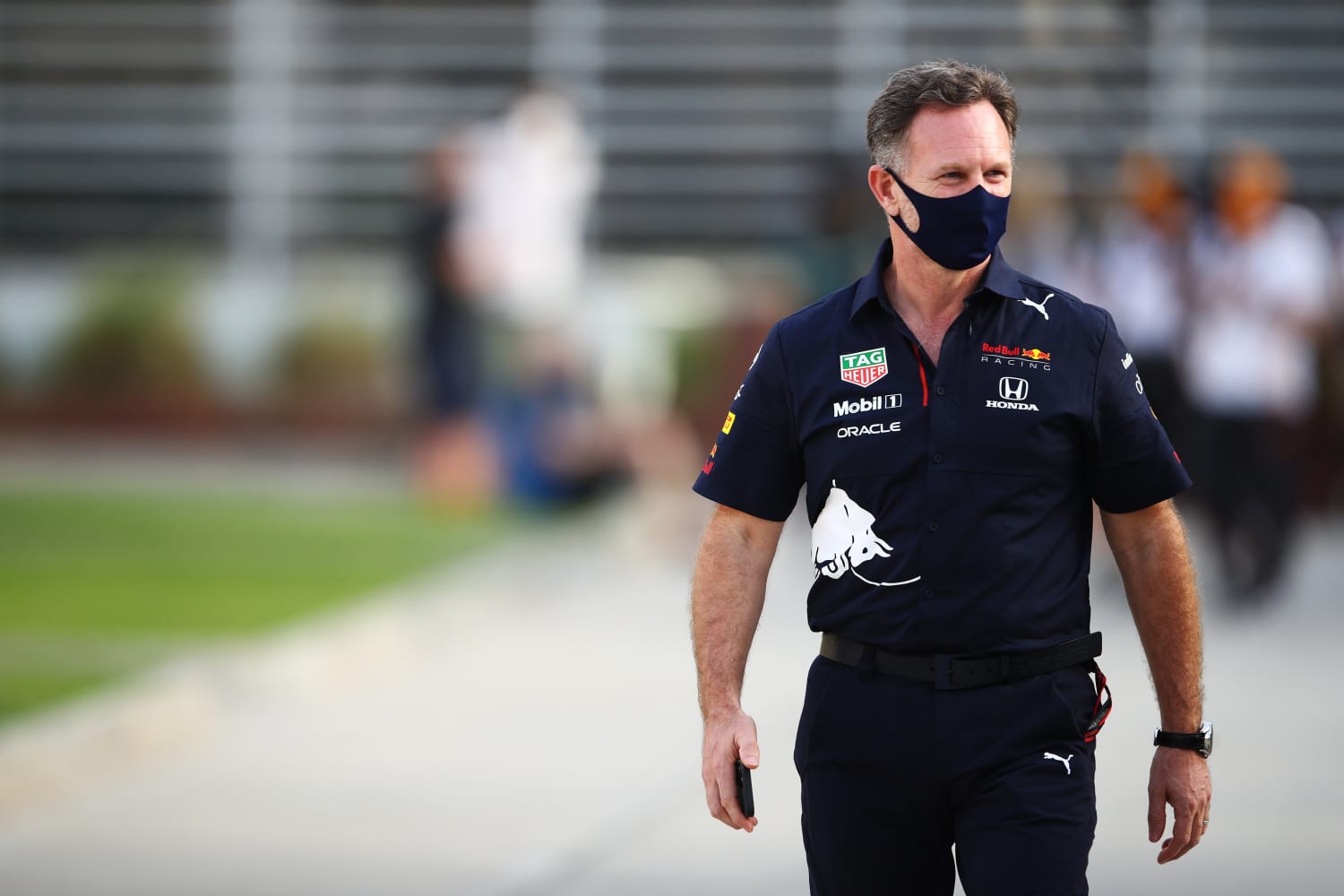
Unintended spending twists
Last season, the pandemic forced Formula 1’s travelling circus to grind to a halt, at the cost of lucrative race fees and ticket income for both venues and teams.
At face value, the cost cap was therefore needed to safeguard the sport’s future, but much like the wider world, the effects of COVID-19 continue to linger over the paddock.
Circumstances appear to have forced teams to commit totally to next year’s car, and as the slowest team on the grid, Haas’ decision to scrap this season is painfully obvious.
Team boss Guenther Steiner has reportedly criticized the frequency of his drivers’ crashes too, saying that it costs “a lot of money,” and that Haas “has to stick to” the cap.
Even Lewis Hamilton, who has dominated the turbo-hybrid era, bemoaned his car’s lack of updates until Silverstone, with his team committing to next season.

Budget clashes to come?
Given their return to the top of the standings, Mercedes’ issues may have somewhat dissipated, but Charles Lelclerc was also wiped out in Hungary, and Ferrari has raised concerns of its own.
The crash destroyed Leclerc’s engine, thus Ferrari is now standing with Red Bull in calling for teams not to be punished by the mistakes of rival drivers.
According to Scuderia Principal Mattia Binotto, even cost exemptions wouldn’t be sufficient at this point, and he’s called for the teams of the drivers at fault to foot the bill.
“If a driver is at fault, the team of the driver should at least pay for the other team’s damages and repairs,” said Binotto.
“That will make the drivers more responsible,” he added.
While Binotto’s call probably won’t be heeded, it’s also unlikely to be the last we hear of cost cap crash exemptions, with the limit’s impact only set to grow as the season progresses.
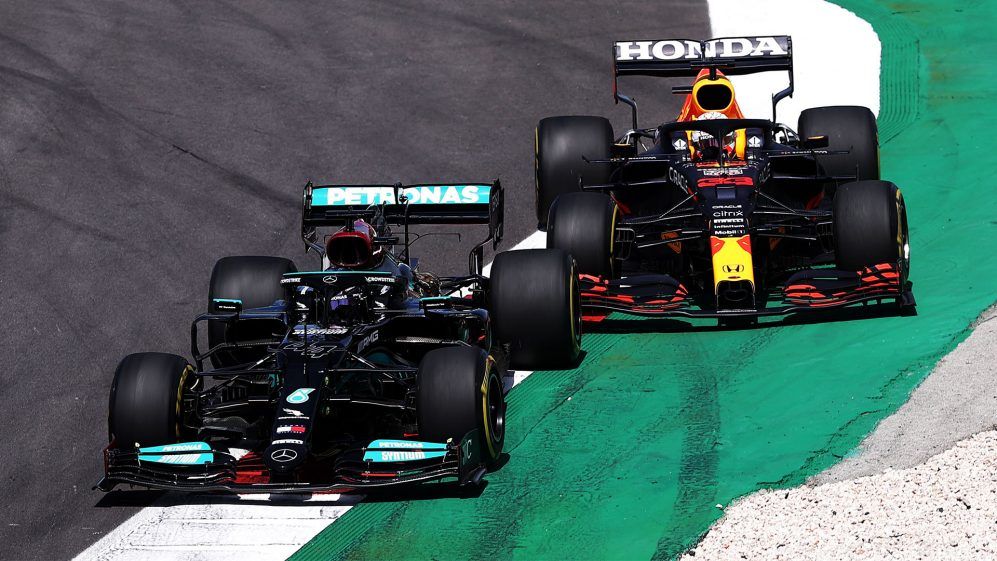
ARTICLE AND IMAGES SUPPLIED BY PAUL HANAPHY on behalf of PLN.
ARTICLE SPONORED BY ... THE GENTLEMEN DRIVING CLUB


